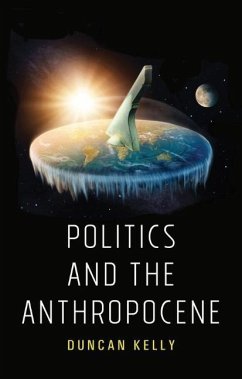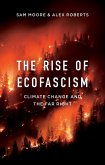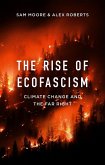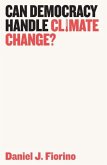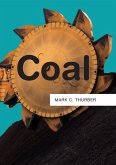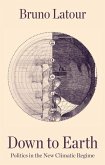The Anthropocene has become central to understanding the intimate connections between human life and the natural environment, but it has fractured our sense of time and possibility. What implications does that fracturing have for how we should think about politics in these new times?
In this cutting-edge intervention, Duncan Kelly considers how this new geological era could shape our future by engaging with the recent past of our political thinking. If politics remains a short-term affair governed by electoral cycles, could an Anthropocenic sense of time, value and prosperity be built into it, altering long-established views about abundance, energy and growth? Is the Anthropocene so disruptive that it is no more than a harbinger of ecological doom, or can modern politics adapt by rethinking older debates about states, territories, and populations?
Kelly rejects both pessimistic fatalism about humanity's demise, and an optimistic fatalism that makes the Anthropocene into a problem too big for politics, best left to the market or technology to solve. His skilful defence of the potential for democratic politics to negotiate this challenge is an indispensable guide to the ideas that matter most to understanding this epochal transformation.
In this cutting-edge intervention, Duncan Kelly considers how this new geological era could shape our future by engaging with the recent past of our political thinking. If politics remains a short-term affair governed by electoral cycles, could an Anthropocenic sense of time, value and prosperity be built into it, altering long-established views about abundance, energy and growth? Is the Anthropocene so disruptive that it is no more than a harbinger of ecological doom, or can modern politics adapt by rethinking older debates about states, territories, and populations?
Kelly rejects both pessimistic fatalism about humanity's demise, and an optimistic fatalism that makes the Anthropocene into a problem too big for politics, best left to the market or technology to solve. His skilful defence of the potential for democratic politics to negotiate this challenge is an indispensable guide to the ideas that matter most to understanding this epochal transformation.
"There is something fresh and hopeful about this timely book. Kelly proceeds with a complex understanding of the Anthropocene, avoids the two extremes of climate-induced fatalism or politics that simply deny climate change, and explores resources within theories of representative politics they may enable democratic thought to rise to the challenge of a planetary environmental crisis."
Dipesh Chakrabarty, University of Chicago
"Kelly takes up the challenge to rethink politics and the history of political thought in the age of the Anthropocene, and illuminates, in the process, both what is recurrent and what is new and urgent."
Anne Phillips, London School of Economics
Dipesh Chakrabarty, University of Chicago
"Kelly takes up the challenge to rethink politics and the history of political thought in the age of the Anthropocene, and illuminates, in the process, both what is recurrent and what is new and urgent."
Anne Phillips, London School of Economics

